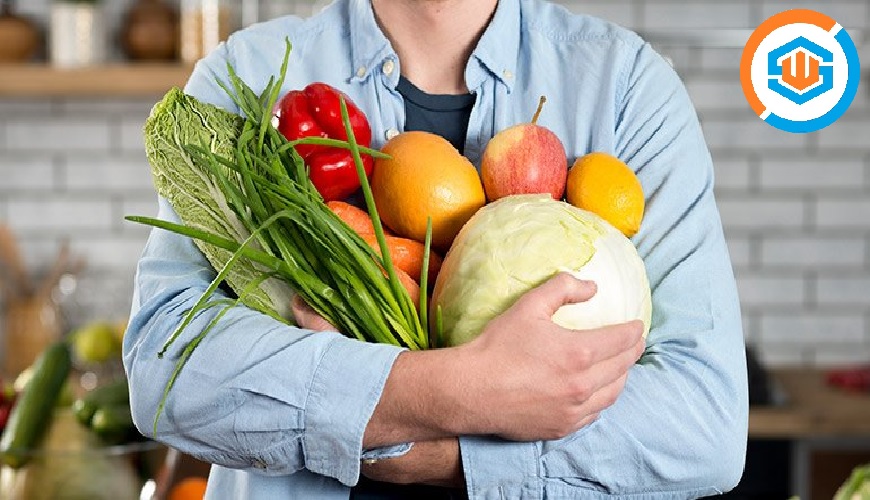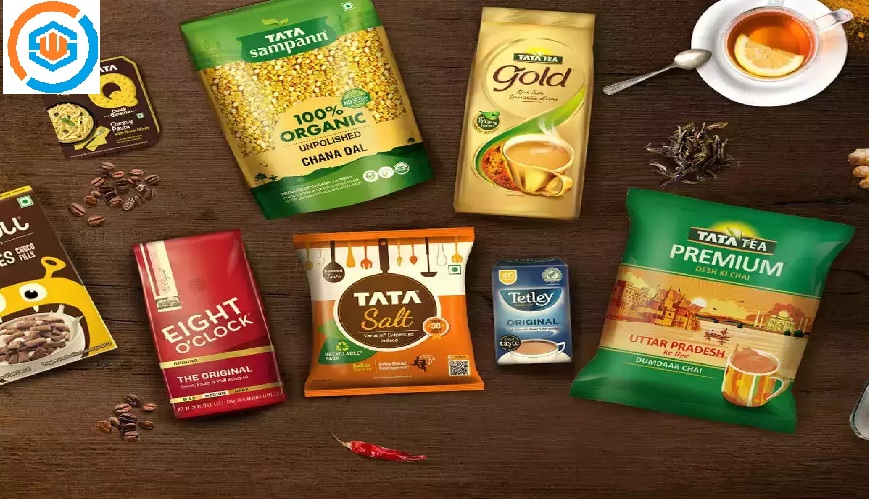
- 28 Apr
- 2021
Nutrition advice for adults during the COVID-19 outbreak
Nutrition advise for adults during the COVID-19 outbreak
Eat fresh and unprocessed foods every day
Eat fruits, vegetables, legumes, nuts and whole grains, and foods from animal sources (e.g. meat, fish, eggs, and milk).
Daily, eat 2 cups of fruit, 2.5 cups of vegetables, 180 g of grains, and 160 g of meat and beans (red meat can be eaten 1−2 times per week, and poultry 2−3 times per week).
For snacks, choose raw vegetables and fresh fruit rather than foods that are high in sugar, fat, or salt.
Do not overcook vegetables and fruit as this can lead to the loss of important vitamins.
When using canned or dried vegetables and fruit, choose varieties without added salt or sugar.
Drink enough water every day
Water is essential for life. It transports nutrients and compounds in blood, regulates your body temperature, gets rid of waste, and lubricates and cushions joints.
Drink 8–10 cups of water every day.
Water is the best choice, but you can also consume other drinks, fruits, and vegetables that contain water, for example, lemon juice, tea, and coffee. But be careful not to consume too much caffeine, and avoid sweetened fruit juices, syrups, fruit juice concentrates, fizzy, and still drinks as they all contain sugar.
Eat moderate amounts of fat and oil
Consume unsaturated fats rather than saturated fats. Choose white meat (e.g. poultry) and fish, which are generally low in fat, rather than red meat.
Avoid processed meats because they are high in fat and salt.
Where possible, opt for low-fat or reduced-fat versions of milk and dairy products.
Avoid industrially-produced trans fats. These are often found in processed food, fast food, snack food, fried food, frozen pizza, pies, cookies, margarine, and spreads.
Eat less salt and sugar
When cooking and preparing food, limit the amount of salt and high-sodium condiments. Limit your daily salt intake to less than 5 g, and use iodized salt.
Avoid foods (e.g. snacks) that are high in salt and sugar.
Limit your intake of soft drinks or sodas and other drinks that are high in sugar (e.g. fruit juice, fruit juice concentrates and syrups, flavored milk, and yogurt drinks).
Choose fresh fruits instead of sweet snacks such as cookies, cakes, and chocolate.
Avoid eating out
Eat at home to reduce your rate of contact with other people and lower your chance of being exposed to COVID-19. We recommend maintaining a distance of at least 1 meter between yourself and anyone who is coughing or sneezing. That is not always possible in crowded social settings like restaurants and cafes. Droplets from infected people may land on surfaces and people’s hands (e.g. customers and staff), and with lots of people coming and going, you cannot tell if hands are being washed regularly enough, and surfaces are being cleaned and disinfected fast enough.
Counseling and psychosocial support
While proper nutrition and hydration improve health and immunity, they are not magic bullets. People living with chronic illnesses who have suspected or confirmed COVID-19 may need support with their mental health and diet to ensure they keep in good health. Seek counseling and psychosocial support from appropriately trained health care professionals and also community-based lay and peer counselors.
Note: - As every caution has been taken to provide our readers with the most accurate information and honest analysis. Please check the pros and cons of the same before making any decision on the basis of the shared details.











